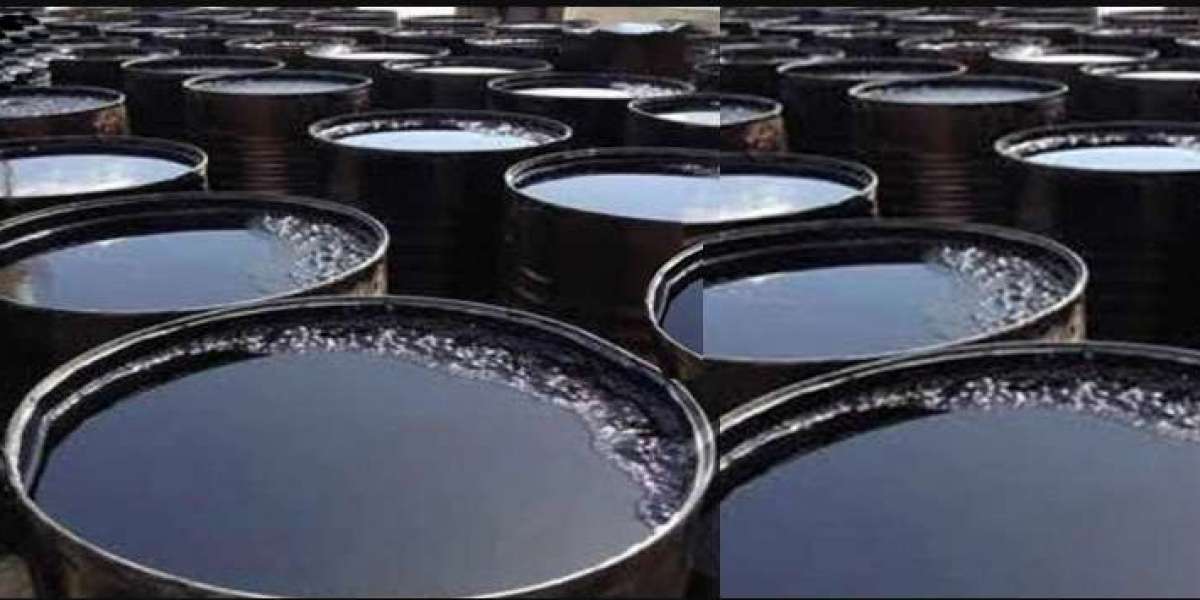In a world increasingly conscious of environmental sustainability, waste cooking oil collection has emerged as a crucial component of responsible disposal practices.Waste cooking oil collection is not just an adage; it's a call to action for individuals and businesses to recognize the value of used cooking oil beyond its initial culinary purpose.

The Environmental Impact of Improper Disposal
When cooking oil is improperly disposed of, it often finds its way into drains and sewers. This seemingly innocuous act has severe consequences for the environment. Waste cooking oil can lead to clogged pipes, causing backups and overflows in sewage systems. Moreover, it has a detrimental impact on aquatic life when it eventually makes its way into rivers and oceans. The high fat content of cooking oil poses a threat to marine ecosystems, coating aquatic organisms and disrupting the balance of underwater life.
The Rise of Cooking Oil Recycling Initiatives
Enterprising individuals and organizations have recognized the need for a sustainable solution to the problem of used cooking oil disposal. Waste cooking oil, rather than being discarded as a nuisance, can be harnessed for various beneficial purposes through recycling initiatives.
Fueling a Greener Future
One of the most significant applications of recycled cooking oil is in the production of biofuels. Waste cooking oil can be converted into biodiesel, a renewable energy source that significantly reduces greenhouse gas emissions compared to traditional fossil fuels. By collecting and recycling used cooking oil, we not only divert it from causing environmental harm but also contribute to the development of cleaner, more sustainable fuel alternatives.
Supporting Circular Economy Practices
Engaging in waste cooking oil collection supports the principles of a circular economy. Rather than adopting a linear "take, make, dispose" model, a circular economy emphasizes the continual use and reuse of resources. Recycling cooking oil aligns with this concept, creating a closed-loop system where a byproduct is transformed into a valuable resource, reducing the need for virgin materials and minimizing overall environmental impact.
Community and Business Participation
Communities and businesses play a pivotal role in the success of waste cooking oil collection initiatives. By actively participating in these programs, they not only contribute to environmental conservation but also set an example for sustainable practices. Many cities and municipalities now offer convenient drop-off points for used cooking oil, making it easy for households and businesses to participate in responsible disposal.
The Economics of Waste Cooking Oil Collection
Beyond the environmental benefits, there are economic incentives for waste cooking oil collection. Some recycling programs offer financial incentives or tax credits to businesses and individuals who participate. The collected oil can be sold to biofuel producers, creating a revenue stream that encourages continued participation and investment in recycling infrastructure.
In conclusion, waste cooking oil collection is not just a niche environmental practice; it's a vital component of a sustainable future. By recognizing the importance of responsible disposal and actively participating in recycling initiatives, individuals and businesses can contribute to a cleaner, greener planet. "Waste Not, Want Not" takes on a new meaning in the context of cooking oil recycling, where every drop has the potential to fuel a brighter and more sustainable future.







